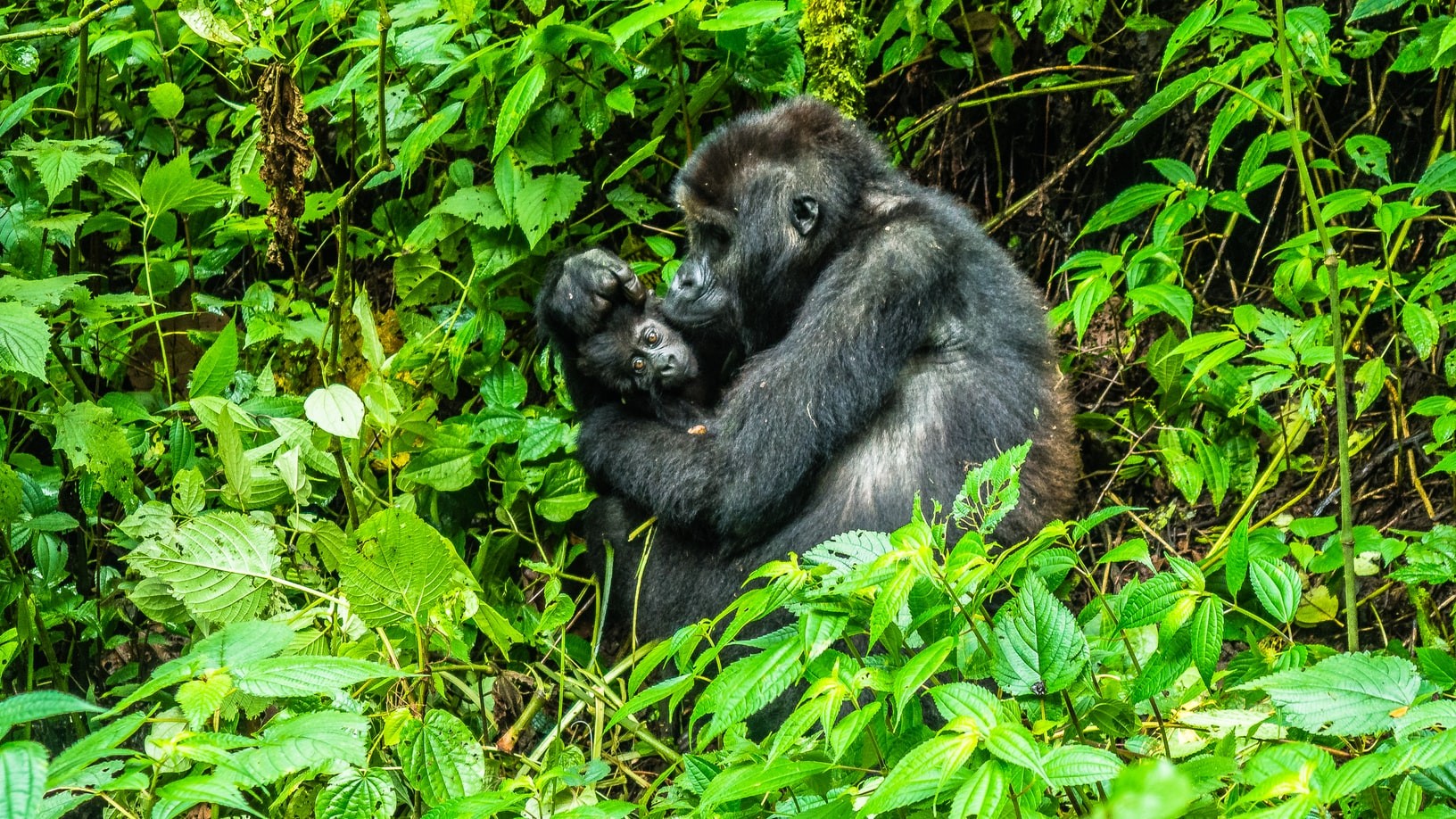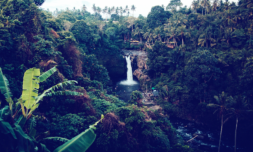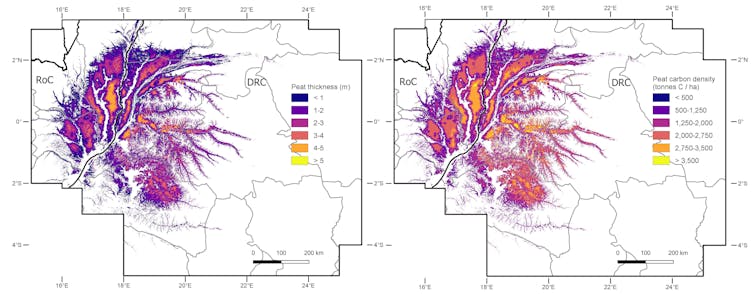The country’s government has just moved to sell a substantial amount of critical tropical peatlands and rainforests for oil and gas drilling, mere months after promising to preserve them at COP26.
Licensing rights for 30 oil and gas blocks in the Democratic Republic of Congo have gone up for auction, leaving vast quantities of the world’s second-largest rainforest exposed to drilling that could release dangerous amounts of CO2 into the atmosphere.
Announced last week, this hugely controversial decision to sell off the carbon sinks comes just months after the country made a 10-year pledge to preserve the Congo basin at the COP26 climate conference in exchange for $500 million in international investment.
‘Our priority is not to save the planet,’ a leading Congolese minister contradictorily stated. ‘It is to tackle poverty in a context where fossil fuels including crude oil and gas are at the centre of global issues of peace and stability because of the Russian-Ukrainian conflict’ he added, referring to the government’s recent claims that the decision is key to raising funds amid the DRC’s rising cost of living crisis brought on by Russia’s invasion of Ukraine which has the world scrambling for fossil fuels.
President Félix Tshisekedi’s belief is that the immediate challenges facing his country outweigh the DRC’s responsibility to help lower global carbon emissions.


Yet as argued by Greenpeace, there is little to suggest that such revenues would be used for the public good ‘rather than the personal enrichment of political elites.’
The Earth’s ‘African Lung’ as it’s often called – with an area as big as Western Europe – absorbs 4% of global carbon dioxide emissions every year, offsetting more than the whole continent’s annual emissions.





















